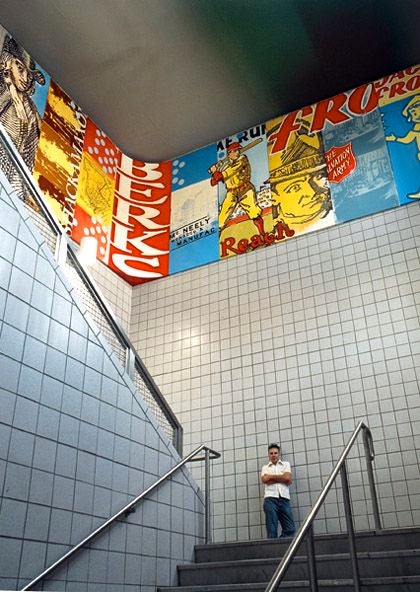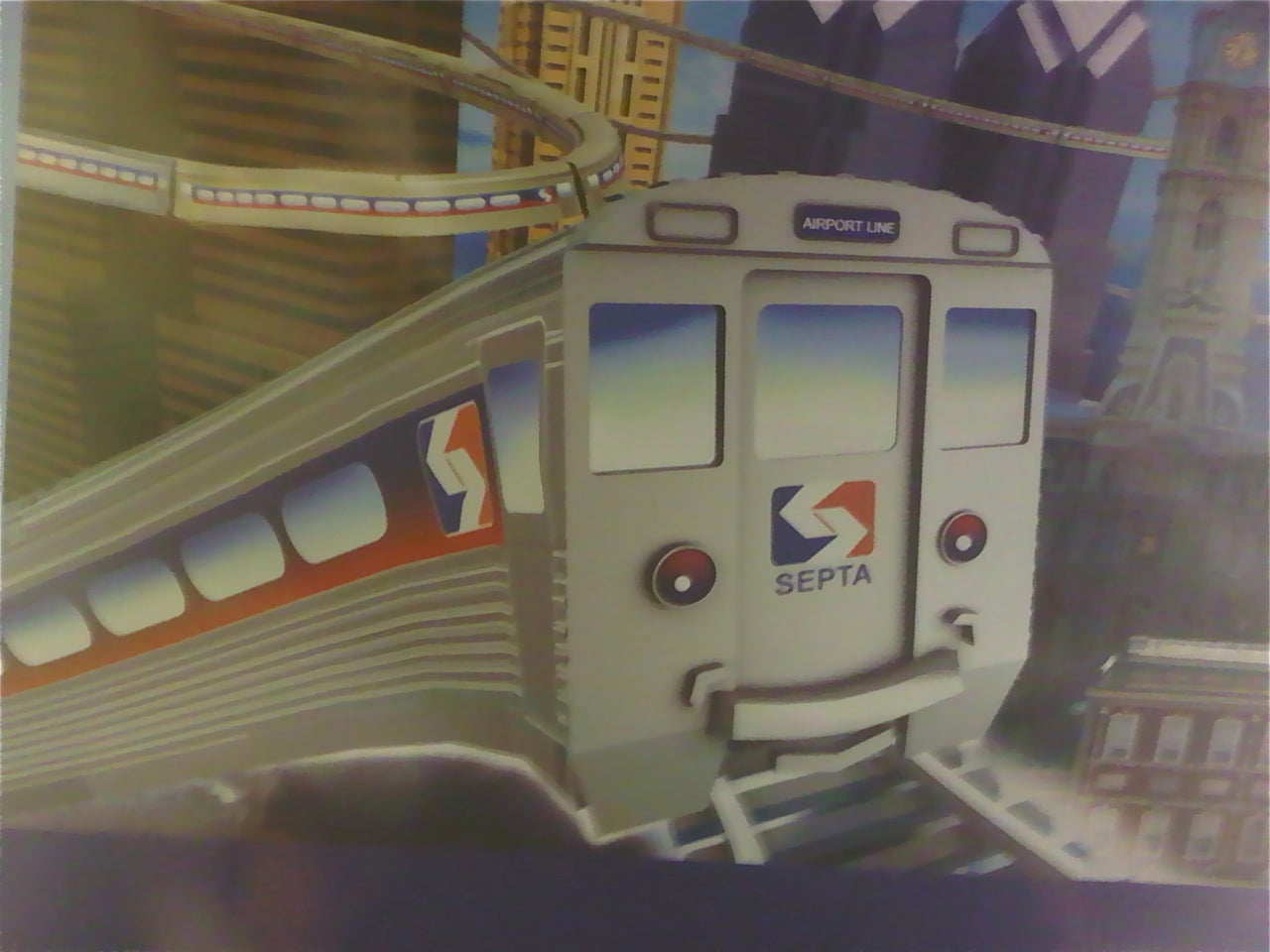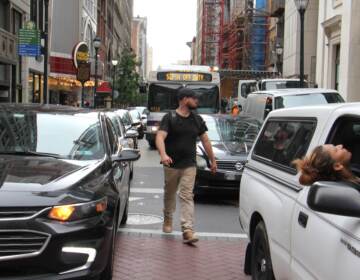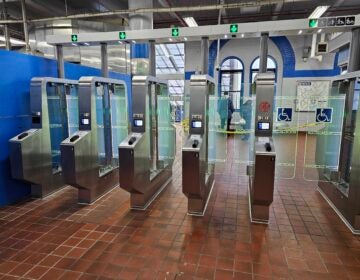Concerns over and compliments for SEPTA art program
A philosophical debate over the value of art dominated a meeting of the SEPTA Board’s administration committee Thursday.
The board was reviewing a contract amendment for Art in Transit projects at the Spring Garden and Girard stations on the Broad Street Line.
Both stations are being renovated using federal stimulus dollars, and SEPTA seeks to spend about $296,000 to pay for and install displays at the two stations.
Michael J. O’Donaghue, a Montgomery County board appointee, questioned the wisdom of spending money on art installations given SEPTA’s pressing capital needs and severe cuts in state subsidies after the failure to toll Interstate 80.
Though he admitted the contract amount was small given SEPTA’s budget, he said it makes sense for the authority to go over projects with a fine-tooth comb to preserve money for crucial maintenance and improvement work.
Rina Cutler, Philadelphia’s deputy mayor for transportation and utilities and one of the city’s appointees to the board, defended Art in Transit.
She pointed to the success of the city’s Percent for Art program, in which city construction and remodeling projects set aside money for public art displays.
Although Cutler said she would be OK with cutting the Art in Transit program given SEPTA’s precarious fiscal situation, she said “it’s been both well-received and worth the money.”
O’Donoghue requested the board be presented with a history of SEPTA’s Art in Transit program.
In other news, SEPTA’s operations committee reviewed SEPTA’s annual service plan proposal, which include a new Route 72 along Cheltenham Avenue between Rising Sun Avenue and Cheltenham Square Mall.
An independent hearing examiner endorsed the proposals, and SEPTA staff slightly revised the proposal for suburban Route 103 to allow a different turn along the route as needed.
The committee also reviewed two labor contracts. Patterned on the contract reached with Transportation Workers Union Local 234 in November, the contracts cover 37 cleaners and mechanics and 85 clerical and passenger services workers on the railroad division.
SEPTA chief engineer Jeff Knueppel also told the committee that SEPTA was reviewing its legal options in attempting to recoup part of a $224,887 contract extension on the Warminster Station Project that the committee reviewed.
Knueppel said the extension was necessary because a SEPTA consultant did a poor job in analyzing the location of an underground rock structure. The consultant got the elevation of the structure wrong, causing construction delays and increased costs.
SEPTA is also reviewing its options to recover part of a $559,155 contract extension for the North Philadelphia Station renovation project.
Previously unknown underground conditions doubled the length of time the project was supposed to take and cost the authority about $1 million extra, according to Knueppel.
Contact the reporter acampisi@planphilly.com
WHYY is your source for fact-based, in-depth journalism and information. As a nonprofit organization, we rely on financial support from readers like you. Please give today.








